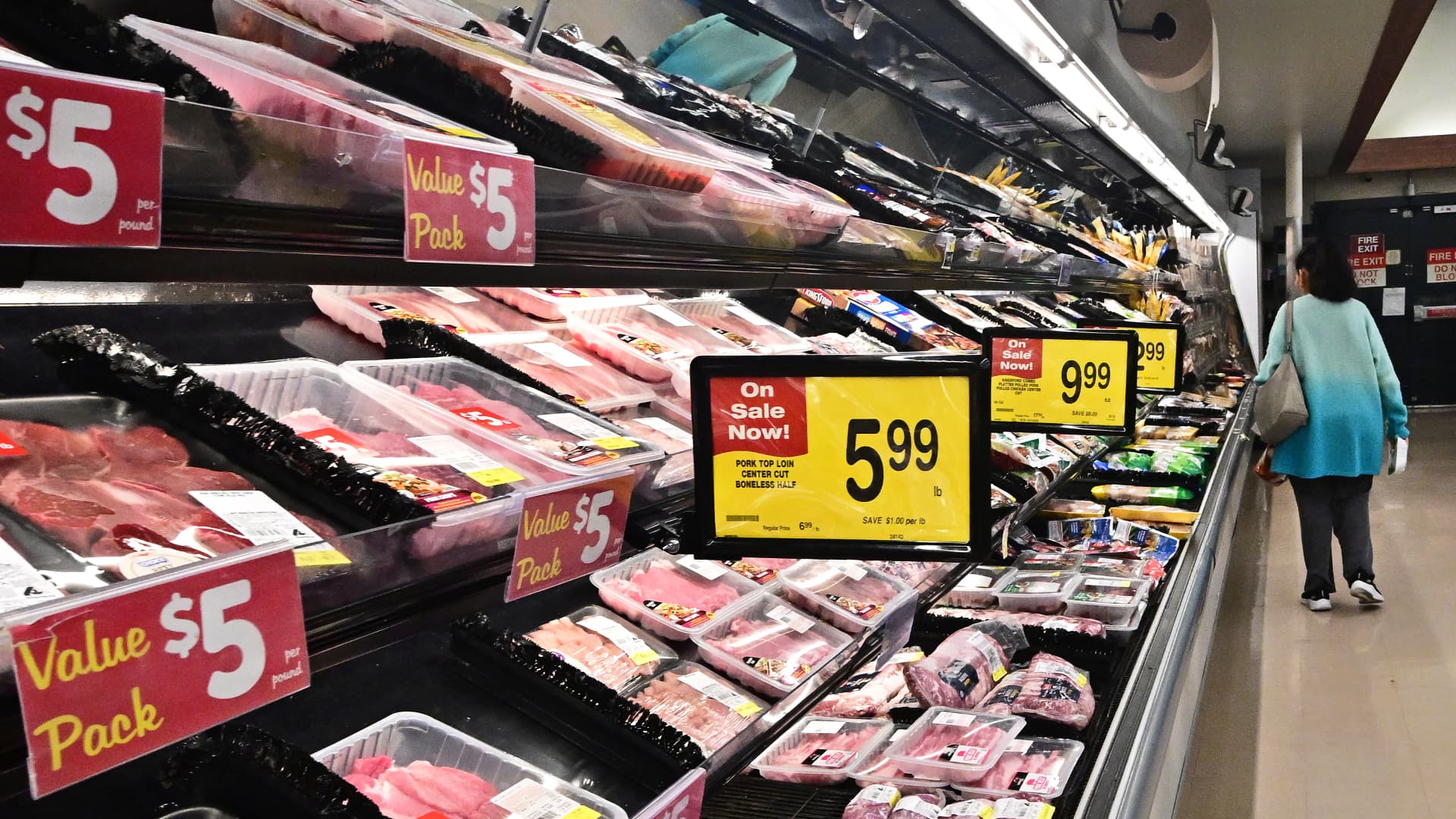A recall of Boar’s Head products has expanded to include a whopping 7 million additional pounds of deli and poultry items in a deadly multistate outbreak of listeria infections.
As of Tuesday, 34 people have gotten sick across 13 states in the outbreak — including 33 hospitalizations and two deaths. The fatalities were a patient in Illinois and another in New Jersey.
Last week, the deli meat company had recalled more than 207,000 pounds of deli meat, including liverwurst and ham products, because they may contain the bacteria Listeria monocytogenes.
Boar’s Head has now expanded that recall, the U.S. Department of Agriculture’s Food Safety and Inspection Service (FSIS) announced in a press release Tuesday.
The expansion includes 71 products — including meat intended for slicing at delis, and some packaged meat and poultry products —produced from May 10 to July 29 under the Boar’s Head and Old Country Brand names.
The products have “sell by” dates ranging from July 29 through Oct. 17 this year (view the recalled product labels here), and were distributed to retail locations nationwide, and some to Cayman Islands, Dominican Republic, Mexico and Panama.
Boar’s Head said in a statement on its website that it had initiated the recall after a liverwurst sample collected by the Maryland Department of Health had tested positive for listeria.
The Maryland Department of Health and Baltimore City Health Department collected an unopened liverwurst product from a retail store for further testing that determined the product sample “tested positive for the outbreak strain,” the USDA release said.
Boar’s Head said that the first voluntary recall was for its Strassburger Brand Liverwurst, and an additional nine products produced on the same production line at its Jarratt, Virginia, facility.
On Monday, the company said it learned from the USDA “that our Strassburger Brand Liverwurst has been linked to the national deli meat Listeria monocytogenes outbreak” — and as a result the recall was expanded to include all items produced at the Jarratt facility.
“We have also decided to pause ready-to-eat operations at this facility until further notice. As a company that prioritizes safety and quality, we believe it is the right thing to do,” the company said.
“No words can fully express our sympathies and the sincere and deep hurt we feel for the families that have suffered losses and others who endured illness,” the statement added.
People who bought the recalled products should throw them away or return them to the store, and also clean out their refrigerators as the bacteria can grow in cold temperatures and spread to other foods.
An investigation is underway by the FSIS, the Centers for Disease Control and Prevention and state public health partners.
Listeria infection is a food borne bacterial illness, most commonly caused by eating improperly processed deli meats and unpasteurized milk products, according to the Mayo Clinic. It’s the third-leading cause of death from food poisoning in the U.S.
Symptoms usually appear within two weeks of eating contaminated food, and include fever, muscle aches, tiredness, stiff neck and confusion. In severe cases, the bacteria may cause a blood infection or meningitis. The infection is dangerous for those who are older, with weakened immune systems, and pregnant women.
The CDC estimates that around 1,600 people get listeriosis each year, and about 260 die. Most cases aren’t linked to outbreaks, but there are usually a few outbreaks in a given year.

 Blog Post1 week ago
Blog Post1 week ago
 Personal Finance1 week ago
Personal Finance1 week ago
 Personal Finance1 week ago
Personal Finance1 week ago
 Personal Finance1 week ago
Personal Finance1 week ago
 Finance1 week ago
Finance1 week ago
 Economics1 week ago
Economics1 week ago
 Economics7 days ago
Economics7 days ago
 Economics3 days ago
Economics3 days ago









